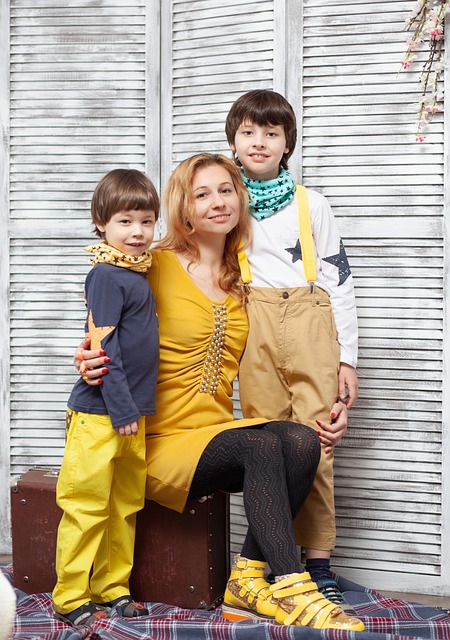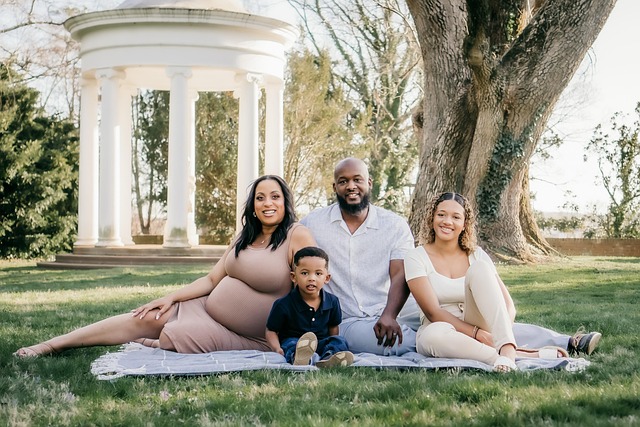Custody mediation is a collaborative process where a neutral third-party mediator helps parents resolve disputes regarding child custody, visitation, and decision-making post-separation or divorce. By prioritizing the child's best interests, this alternative dispute resolution method encourages open communication and negotiable agreements, ultimately creating a harmonious parenting plan aligned with the child's needs. It serves as a powerful and cost-effective solution to legal battles, offering a safe space for parents to navigate complex custody laws and reach mutually agreed-upon arrangements.
Understanding child custody laws is crucial for ensuring your rights and the well-being of your children. This comprehensive guide delves into the intricacies of custody mediation, explaining what it is and how it works. We explore your legal rights and responsibilities, providing insights into alternative solutions like joint custody or collaborative processes. By understanding these options, you can navigate the system effectively, fostering a healthy environment for your family’s future. Discover practical next steps to take control of your custody arrangement through mediation.
- What is Child Custody and Mediation?
- Your Legal Rights and Responsibilities
- The Mediation Process: How It Works
- Alternative Solutions and Next Steps
What is Child Custody and Mediation?

Child custody and mediation are critical components in family law, offering a structured approach to resolving disputes regarding a child’s care and living arrangements after separation or divorce. Custody mediation is a collaborative process where a neutral third party, known as a mediator, facilitates open communication between parents. The mediator helps them negotiate and reach agreements on crucial aspects such as physical custody, visitation rights, and decision-making responsibilities in the best interests of the child.
This alternative dispute resolution method encourages cooperation and mutual understanding rather than confrontation. It allows parents to maintain control over the outcome while learning effective co-parenting skills, ensuring a more harmonious transition for their child during this challenging time. The ultimate goal is to create a parenting plan that aligns with the child’s needs and well-being.
Your Legal Rights and Responsibilities

When it comes to child custody, both parents have legal rights and responsibilities. These include the right to seek custody or visitation time with their child, as well as the responsibility to contribute financially towards the child’s upbringing. Understanding your rights is crucial in navigating the complex landscape of custody laws.
Custody mediation plays a significant role in helping parents resolve disputes amicably. It’s an alternative to going through a formal court process, where a neutral third party assists both parties in reaching a mutually agreeable arrangement regarding custody and visitation. This approach can be less stressful and more cost-effective while ensuring that the best interests of the child are at the forefront of the decision-making process.
The Mediation Process: How It Works

In many child custody cases, a neutral third party facilitates discussions between parents to reach an agreement on custody arrangements. This process is known as custody mediation. It’s a collaborative approach designed to help families make important decisions about their children’s future without going through lengthy and emotionally draining legal battles.
During mediation, a trained mediator creates a safe and supportive environment for open communication. They guide the parents through various options, helping them consider what’s best for their child or children. The mediator ensures both parties have an equal chance to express their needs, fears, and desires while exploring different custody and visitation scenarios. This process can lead to a mutually agreed-upon custody plan that is in the best interest of the child(ren) involved.
Alternative Solutions and Next Steps

When faced with child custody disputes, many parents find themselves exploring alternative solutions beyond traditional legal battles. Custody mediation offers a collaborative approach where trained professionals facilitate open communication between parents to reach mutually agreeable arrangements. This process promotes a less contentious environment and can lead to outcomes that better suit the needs of both parents and the child.
After considering custody mediation, the next steps involve assessing your specific situation, gathering relevant information (such as financial records, medical history, and educational records), and consulting with legal professionals who specialize in family law. These preparations are crucial for productive negotiations and ensuring your rights are protected throughout the process.
Understanding your rights and navigating the complexities of child custody mediation is a crucial step towards ensuring the best outcome for you and your family. By familiarizing yourself with the legal process, you can confidently make informed decisions regarding custody arrangements. Remember, every situation is unique, so seeking professional legal advice is essential to guide you through this significant process. With the right knowledge and support, you can foster a positive and collaborative environment, even in challenging custody cases.
